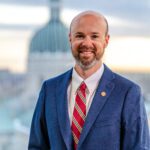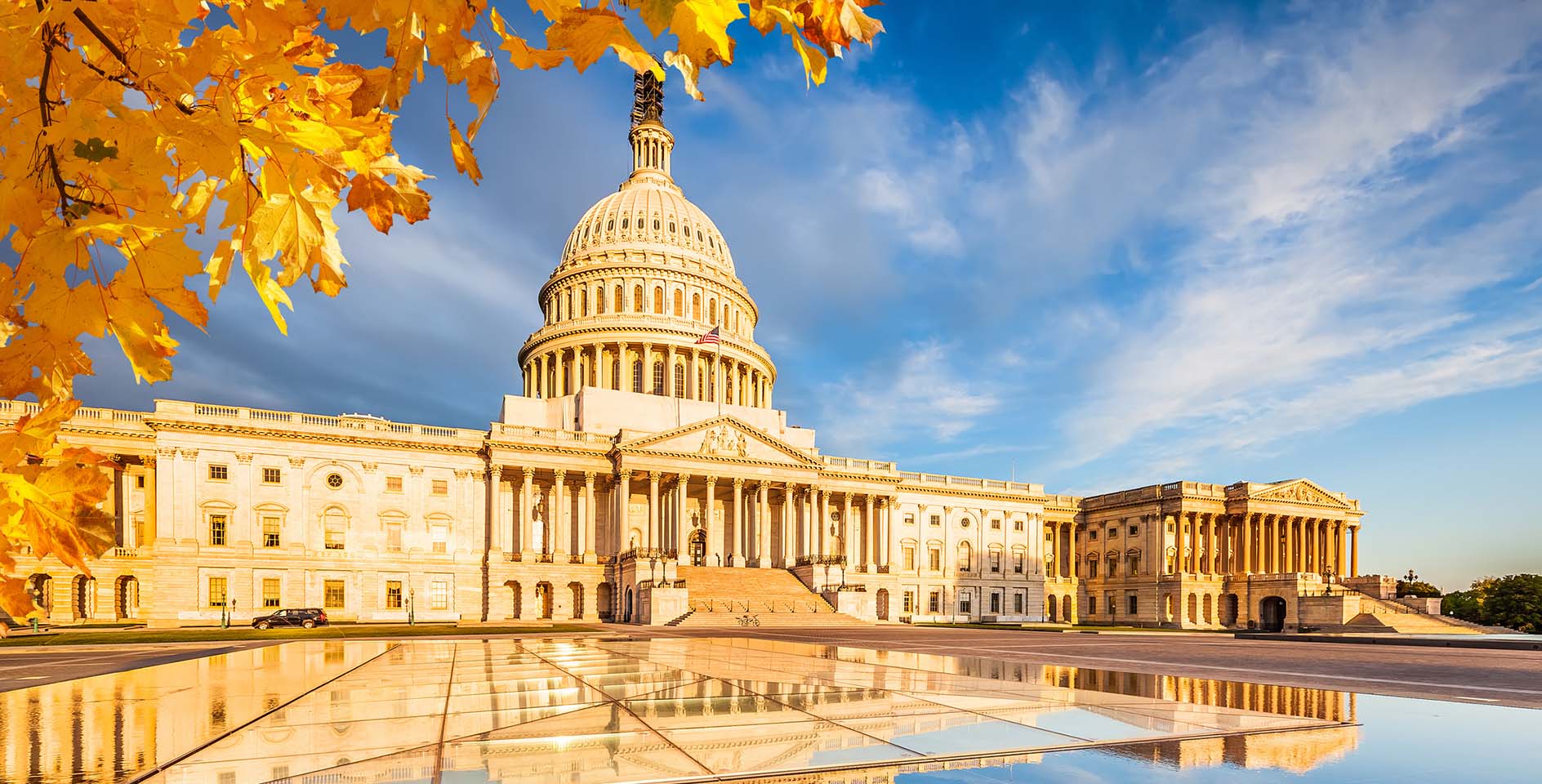With stories now becoming too numerous to document, the war against religious liberty seems to accelerate with each passing week.
But two episodes in the last week deserve extra attention because they demonstrate that there now appears to be no limit to how far the opponents of religious liberty are willing to go in requiring every individual—even Pastors, Imams, and Rabbis—to affirm same-sex marriage and other basic tenets of the sexual revolution.
First, Virginia Governor Terry McAuliffe vetoed a bill that protects individuals from being required to solemnize or officiate marriages at odds with a person’s conscience. By vetoing this bill, McAuliffe is signaling that religious leaders aren’t deserving of First Amendment freedoms that exempt them from performing marriages they morally object to. His rejection of this is nothing short of jaw-dropping. One can hardly define every reason for a veto, but it would be worth asking Governor McAuliffe whether a Baptist pastor has the freedom to not marry two gay men.
The second part of the bill is merely a defensive measure that attempts to protect religious organizations from government harassment if any religious organization has a belief about marriage being reserved solely for men and women. This provision of the bill would protect Christian colleges, for example, from losing its tax-exempt status were the government to take adverse against the school, as is happening in California.
McAuliffe was incredulous that he had to even veto such a bill, saying that religious freedom bills are an “oxymoron.” What McAuliffe means by his use of “oxymoron” is uncertain in this context, but suggests that McAuliffe doesn’t even know what the word means, or how to use it properly.
Secondly, in Iowa, Christian legal organization Alliance Defending Freedom has filed suit against the Iowa Civil Rights Commission for its haphazardly written guidance that could end up censoring sermons on biblical sexuality that would make someone feel “unwelcome.” You read that correctly. If a transgender person were to attend “a church service open to the public” and hear a message that upsets them, the church is liable for investigation for violations of discrimination. The rule pretends to protect the rights of church for bona fide religious purposes, but it is unclear how a “church service open to the public” doesn’t qualify as a bona fide religious purpose. This could easily result in unconstitutional scenarios like the one in Houston that saw its mayor subpoena sermons. Moreover, if a church were to have signs posted that visitors ought to use restrooms based on biological sex, that could as well be in violation of the Iowa Civil Rights Commission. At issue also is the ability for government to tell churches how to operate their facilities based on contested categories of human sexuality.
As National Review writer David French noted, “It’s tough to imagine this guidance surviving even liberal judicial review, but even if struck down it shows where some on the Left want to take the law. Not even the sanctuary is safe.”
Think Progress’ Zack Ford ignorantly dismissed ADF’s lawsuit out of hand, while completely failing to acknowledge the actual merits of the case because of the statute’s actual wording. Moreover, he quotes One Iowa’s director, Donna Red Wing, who said “Do we understand what is happening? They [ADF] are suing the Iowa Civil Rights Commission for doing its job." But that’s the issue: The Iowa Civil Rights Commission interpretation of its guidance is what makes the lawsuit necessary. Regardless of whether the lawsuit at hand is a pre-enforcement challenge, the guidance’s verbiage is clear and disturbing. “Doing its job” may very well mean the type of harassment that Alliance Defending Freedom is aiming to prevent.
What do the above situations mean? It raises the question: Is there no goodwill left on religious liberty? Can there not be disagreement? Is there no space within civil society — even within churches — that are off-limits to secular progressivism?
Between the idea that a church’s public service could be interpreted as threatening; or that a governor of an influential state would veto harmless legislation re-asserting basic First Amendment protections, it makes me wonder if the promise told to conservatives by liberals — that liberals would never try to dictate the practices of a church — was just a politically convenient lie.










